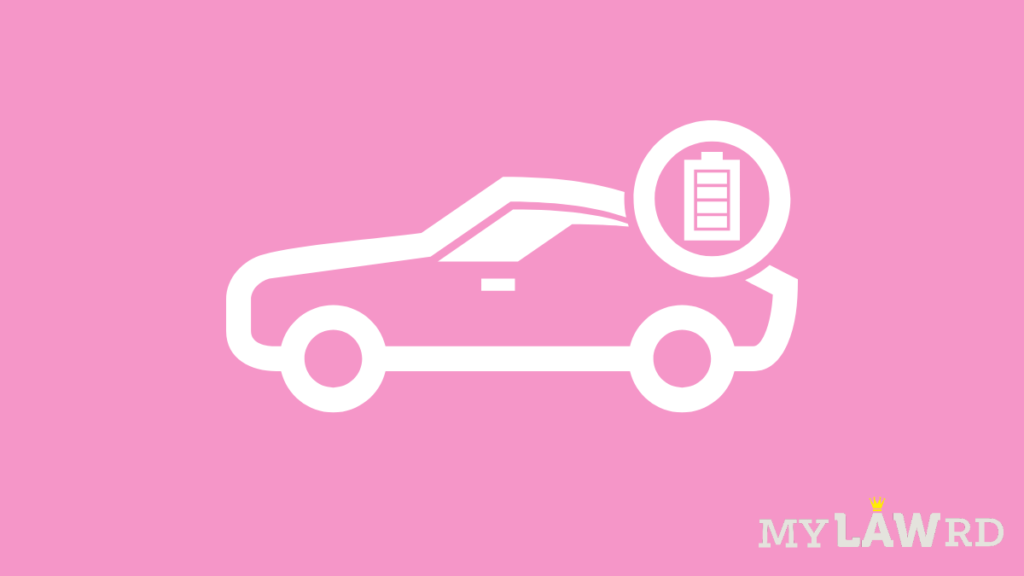Nitin Gadkari, the Union Minister for Road Transport & Highways has launched the “Go Electric” campaign to spread awareness on the benefits of e-mobility and EV Charging Infrastructure, as well as electric cooking in India. While launching the campaign, the Minister emphasized on the fossil fuels import bill of Rs 8 lakh and said that electric fuel is a major alternative. Further, he also observed that electrification of public transport is economical as well as eco-friendly.
The campaign is projected to reduce India’s dependence on other countries for fuel and boost a cleaner and greener future. Shri Gadkari also remarked that if 10,000 electric vehicles are brought into use in Delhi, then about Rs. 30 crore per month spent on fuel can be saved, apart from reducing the carbon footprint. While he said that he will make electric vehicles mandatory for officials of his ministry, he advised all government ministries and departments to make use of electric vehicles mandatory. He also advised the government to subside electric cooking appliances.
The Minister also launched the ‘Go Electric’ logo on the occasion and screened audio-visual content designed to enhance consumer awareness. Industry players were also present during the launch event and exhibited electric vehicles including e-buses, e-cars, 3 wheelers, and 2-wheelers along with available charging options. Several Original Equipment Manufacturers (OEMs) and delegates from State Governments and PSUs were also present.
The event also saw an announcement on the launch of fuel-cell bus service from Delhi to Agra and Delhi to Jaipur. Earlier this month, the Delhi Government had launched the “Switch Delhi” campaign to promote the use of electric vehicles. The Delhi Government had also announced that it will hire only electric vehicles of various purposes. At the moment, Delhi has an EV policy which gives tax relief to electric vehicle buyers. Since the launch of the policy, more than 6,000 vehicles have been sold.
The Government has mandated the Bureau of Energy Efficiency (BEE), under the aegis of the Ministry of Power to undertake an awareness drive promoting public charging, e-mobility, and its ecosystem. BEE would also provide technical support to State Designated Agencies to ensure uniformity of information across the country.
BEE was established in 2002, following the Energy Conservation Act, 2001. The Act was promulgated with the purpose of institutionalizing and strengthening delivery mechanisms for energy efficiency services in the countries, and enable co-operation and co-ordination between various entities.
Do subscribe to our Telegram channel for more resources and discussions on tech-law. To receive weekly updates, and a massive monthly roundup, don’t forget to subscribe to our Newsletter.
You can also follow us on Instagram, Facebook, LinkedIn, and Twitter for frequent updates and news flashes about #technologylaw.

